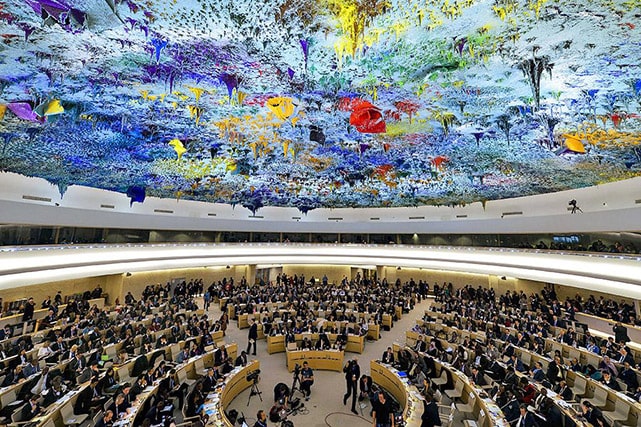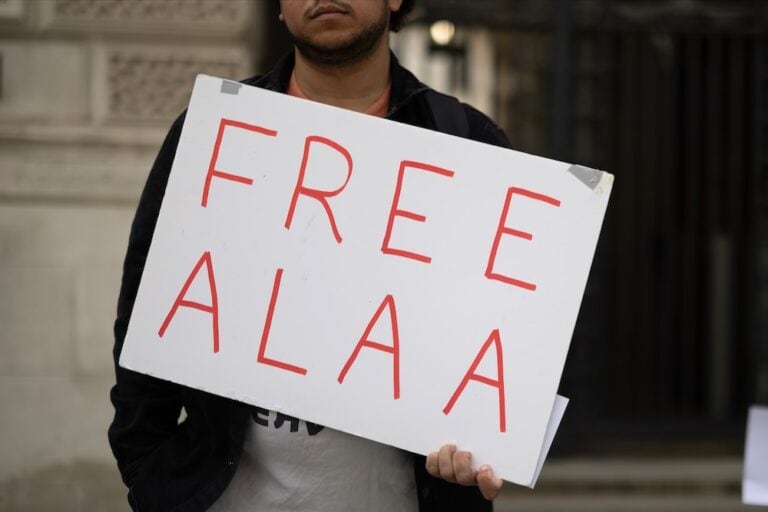A joint statement by the Association of Progressive Communications, IFEX and 64 co-signatories at the UN-HRC 36 warns of the threat to human rights posed by recent attacks on the right to use encryption technology, in Turkey and across the globe.
Oral statement delivered under Item 4
UN Human Rights Council 36th Session, 19 September 2017
Thank you Mr. President.
The Association for Progressive Communications, IFEX, Access Now, Article 19, Front Line Defenders, Privacy International, and 59 organizations from around the globe express our grave concern about the growing crackdown by States on the use of secure digital communications – encryption, virtual private networks, and similar technologies. We believe this crackdown both violates States’ human rights obligations under international law, and seriously undermines both the safety of human rights defenders and the economic and social benefits digital technology provides.
Many governments, including Australia and the United Kingdom, have recently threatened to legislate ‘backdoors’ to encryption, enabling them to access private communications when they believe they have a justification for doing so. Backdoors expose all communications running through them to potential compromise by malevolent actors, including criminals, stalkers and terrorists.
An equally worrying trend is States’ treating the use of secure communications as a crime, or as evidence of ‘terrorist’ activity. In particular, we highlight Turkey’s recent arrest and continued pre-trial detention of IT consultant Ali Gharavi and non-violence trainer Peter Steudtner at a digital security and information management workshop on July 5th of this year.
Gharavi and Steudtner were arrested doing their jobs, imparting knowledge and skills that are essential to the exercise of human rights in the digital age, as they have done for many years with civil society groups around the world. Secure digital communications can often be the only safe outlet for free expression for those persecuted for their religion, ethnicity, sexual identity, personal beliefs or for promoting human rights. Turkey’s decision to criminalize this knowledge-sharing as aiding ‘terrorism’ is indefensible, and sets a dangerous precedent for the handling of this expression-enabling activity that should be part of any healthy democracy.
We urge the Council to:
- Work with States to ensure the internet is a space that fosters rather than limits the exercise of all recognized human rights; and
- Actively monitor efforts by member States to restrict or compromise the use of secure digital communications.
We further call on the government of Turkey to:
- Drop all charges against Gharavi, Steudtner, and the eight human rights defenders arrested with them; and
- Cease criminalizing the use of secure digital communications.
Thank you.
Access Now
Alternatives
Association of Progressive Communications
Bluelink
Centre for Information Technology and Development
Código Sur
Digital Society of Zimbabwe
EngageMedia
eQualit.ie
Fantsuam Foundation
Frontline Defenders
GreenNet
Internet Democracy Project
International Service for Human Rights
LaborNet
Nodo TAU
Nupef
One World Platform
Pangea
Rhizomatica



